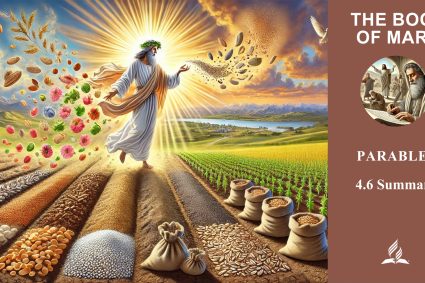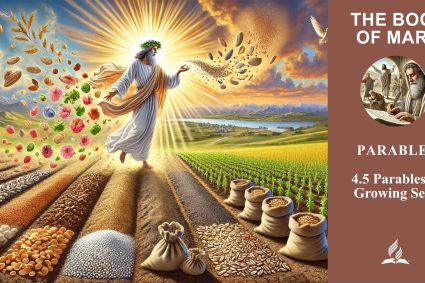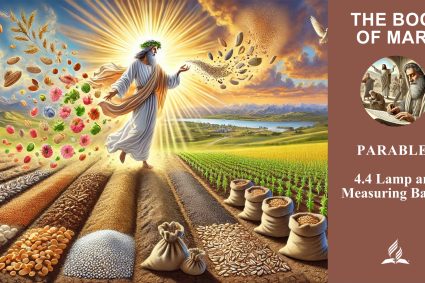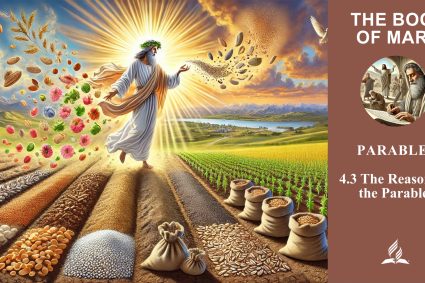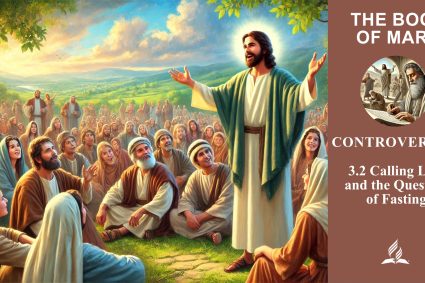

Lesson 12: Esther and Mordecai
The Book of Esther is a fascinating biblical work that narrates the story of a courageous woman living in ancient Persia. Esther, a Jewish orphan, is elevated to the position of queen and plays a crucial role in saving her people from impending destruction. Her faith and determination, even in the face of mortal danger, make her an inspiring example of loyalty and trust in God. The book reveals how God’s hand often works behind the scenes, even when His name is not directly mentioned, prompting us to consider how we should live our faith in challenging situations.
12.1 Captive in a Foreign Culture
It is moving to empathize with those who live as captives in a foreign culture, facing challenges that are difficult to comprehend. The history of the Jews under the Babylonians and Persians sheds light on a time when faith principles were severely tested.
While few of us today may live in a land where the tenets of our faith shape legislation, the idea that the Jewish people once lived in their land, where their beliefs were embedded in the laws, prompts reflection on the significance of faith and loyalty.
Following one’s faith would undoubtedly be easier if religious principles were directly embedded in national laws. However, salvation history shows that true loyalty depends not only on external circumstances. Even when laws seem favorable, dedication to God must come from the heart to be protected from sin, apostasy, and ruin.
God’s words remind us that external piety is insufficient if not accompanied by internal sincerity. The decision to remain faithful should arise not only from lips but from a deep inner resolve. In such determination lies the strength to remain steadfast and obedient even in adverse circumstances.
Read Daniel 1:1–12; 3:1–12; and 6:1–9. Regardless of the specific situation, what do these accounts reveal about the challenges God’s people may face in a foreign culture?
These Bible passages, Daniel 1:1–12; 3:1–12; and 6:1–9, provide insights into various episodes of Daniel and his friends’ lives in a foreign land. Despite different situations, they reveal some common challenges God’s people may face in a foreign culture:
-
Cultural Assimilation and Identity:
-
In Daniel 1, we see Daniel and his friends challenged to integrate into Babylonian culture, including changes to their names and dietary habits. This illustrates how easy it is to lose one’s identity and faith principles in a foreign environment.
-
-
Conflict Between Faith and State Orders:
-
In Daniel 3, the story of the golden image tells how Shadrach, Meshach, and Abed-Nego refuse to worship the image. Here, we witness the conflict between faith in the true God and state orders. Choosing faith can come with severe consequences.
-
-
Faithfulness to God Despite Contradictory Laws:
-
Daniel 6 narrates Daniel’s refusal to disobey the royal decree prohibiting prayer to any other god. This situation underscores that even in an environment hindering faith, loyalty to God must supersede human laws.
-
-
Trials of Loyalty to God:
-
In all these stories, we see God’s people being tested. Challenges range from dietary practices to obedience to state orders and fidelity in prayer. These trials show that living in a foreign culture often involves moral and spiritual challenges.
-
Overall, these Bible passages emphasize the need for believers to maintain their identity, stay faithful to God, and not be swayed by cultural norms conflicting with divine principles in a foreign culture.
What challenges to your faith do you see yourself facing in your culture, and how do you respond?
It’s important to note that many people around the world, in various cultures, confront different challenges to their faith. These challenges can vary based on individual beliefs, cultural contexts, and societal environments. Some potential challenges might include:
-
Secularization:
-
In many parts of the world, secularization is on the rise, and religious beliefs may be excluded from the public sphere. Believers might struggle to openly live or share their faith.
-
-
Interreligious Tensions:
-
In societies with diverse religious representations, believers may face tensions and conflicts, especially regarding differing beliefs.
-
-
Ethics and Values:
-
Social changes can lead to questioning certain ethical and moral convictions. Believers might find themselves in situations where their beliefs clash with the prevailing moral consensus.
-
-
Scientific Developments:
-
Advances in science and technology may pose challenges to specific religious beliefs if perceived to conflict with scientific understanding.
-
-
Individualism and Pluralism:
-
In cultures characterized by individualism and cultural diversity, believers might struggle to live their beliefs in an environment accepting a wide range of worldviews.
-
The nature of the response to these challenges varies greatly from person to person and depends on individual beliefs, personal strength, and circumstances. Some may choose to actively stand for their convictions, while others might prefer a more reserved approach. Dialogue, understanding, and seeking common values are often key factors in addressing these challenges.
(Visited 14 times, 1 visits today)


